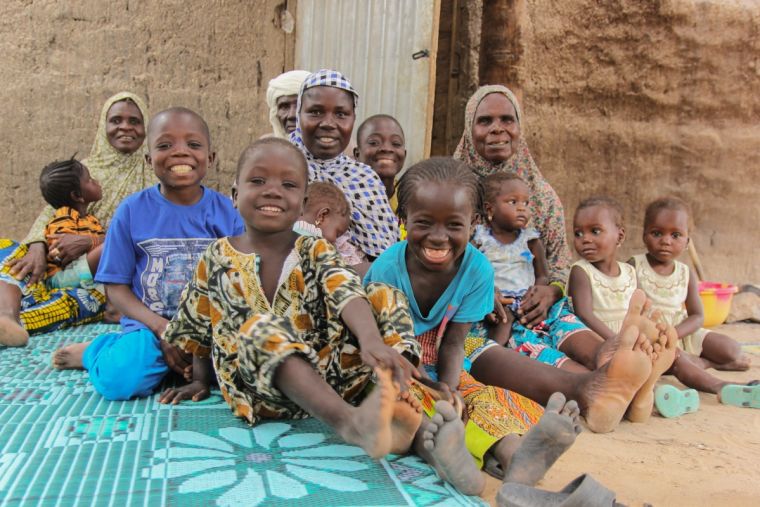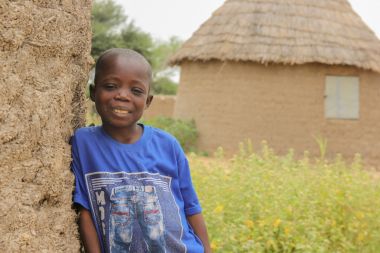'The Pain Was So Intense I Was Afraid I Would Die': Chronic Malnutrition Plagues Children In Niger

Faiycal sits comfortably on a straw mat, together with his brothers and sisters. His smile is unforced these days – a big change from where the 14-year-old was both physically and emotionally a few years ago.
"The pain was so intense that I was afraid I would die," he says, speaking of the many years he struggled with sickness and malnutrition. "I would throw myself on the ground and cry non-stop, that's how difficult it was for me to deal with my body's aches."
Faiycal is from Niger, a West African nation that has been struck with both violence and food shortages, as well as an economic situation that has prompted many men to leave and seek employment abroad. A growing number of villages seem to be empty of men, with women running households and depending on the financial support of their husbands, who often visit no more than once a year.
As her children were growing up, it was difficult for Faiycal's mum to ensure they were all fed. While there was food, the family couldn't afford a diverse diet, and Faiycal didn't have the chance to grow and develop properly. Today, the teenager is classified as stunted. He looks much younger than his age and isn't quite as tall as his younger sister, but he has come a long way. The family now has enough resources for a balanced diet and after several hospital visits and check-ups, Faiycal's pains haven't returned in years.

Malnutrition continues to be a major factor in children's deaths in Niger and according to the World Food Programme, 44 per cent of children continue to suffer from chronic malnutrition. World Vision has been working in Faiycal's community for years and has seen him grow up and become healthier.
"I can go to school full time now and don't have to worry," he says. "When I get home, I often eat the crops that my mother has farmed. We have onions, maize, tomatoes and peanuts that we have grown with the seeds that we received. We also have a borehole with clean water, so I'm not afraid of getting ill either."
A strong boy, Faiycal enjoys spending time with his family and friends, and whenever he has a free minute, he is outside playing football. "We make the ball out of old rags usually, but sometimes, when we're at school, we can borrow one from one of the teachers." It's on those days, when he is outside with his friends, that Faiycal misses his father the most. "I wish he could be here and watch me play football. I wish he could see that I'm growing and that I'm a good student," he says, his smile now slightly fading.
Hassan, Faiycal's dad, has been working in Ivory Coast for many years, where a stronger economy ensures better salaries. "He is selling flowers over there, but once a year, he comes back to our village. It is always one of the happiest days of my life. He brings us presents and tells us stories about his life and he tells us that he is proud of us."
In Faiycal's village, many children continue to recover from former malnutrition, but daily life has changed. "World Vision makes sure that we have clean water and enough to eat," Faiycal says. "My life is good now and one day, I hope that even my father will come back to live with us."
Stefanie Glinski is field content manager for World Vision UK.











